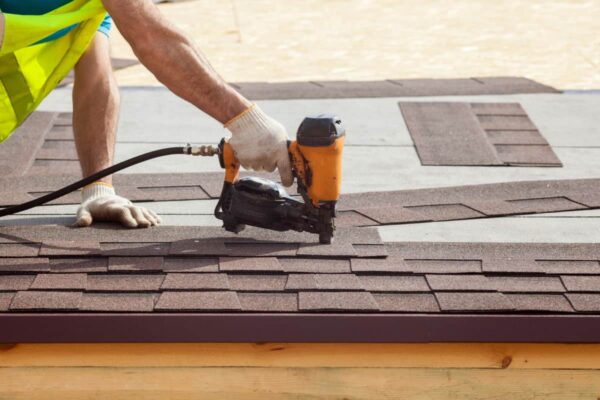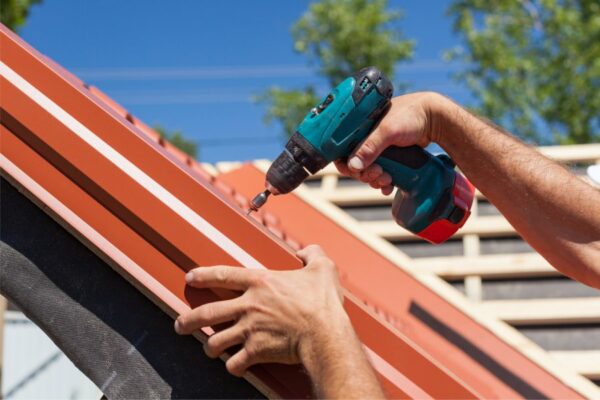Roofing warranties are easy to overlook among the many other decisions that go into roofing work. It can be difficult for new homeowners to wrap their head around the seemingly endless options out there. What’s the difference between the various types of warranties, and how do you know which one is best for your needs and budget? Confusing as they might seem, warranties are an important part of roofing work, and understanding them is key to making the right financial decisions for your roof. We aim to clear things up below so you can better understand how to protect your roofing investment.
Types of Roofing Warranties
Roofing Warranties come in different types, and each type covers different aspects of roof work. We’ll take a look at the three most important types you need to know below.
1. Manufacturing materials warranties
This warranty is issued by roofing material manufacturers, and it covers any damage done to roofing materials during installation as well as any manufacturing failure. The warranty covers the material longevity from 10–20 years. With this kind of warranty, you must pay for labor costs. If the roof has leaks or any other problems due to poor installation and not material defects, then this kind of warranty does not cover them.
2. Contractor Workmanship Warranty
Contractors and roofers offer different warranty coverage periods depending on your choice. This warranty covers a homeowner from installation defects that may occur and is issued by the contractor or roofers.
Working with a skilled and experienced contractor protects you from any misuse of materials or errors during installation. Contractor workmanship covers the materials used in the repair process and caters to the labor incurred.
3. Extended Coverage Warranty
An extended warranty is a bit expensive compared to the others, as it deals with full coverage of materials and the roof installation process as one package. Choosing a complete roof system warranty gets you covered with services such as underlayment, start shingles, hip and ridge cap shingles, among others.
Extended warranties also cater to any manufacturing and installation errors that may occur. As a homeowner, this is the most comprehensive option for you to be able to protect your new roof investment.
Finding the Right Warranty
Once you understand the basic types of roofing warranties, you can make a decision as to which type is best for your needs and budget. However, not all contractors will offer the type of warranty you need, and not all contractors buy materials covered by a manufacturer’s warranty. Below are a few guidelines you can follow to find a contractor you can trust to offer the warranty you need.
- Make it a routine to have your roof inspected at least once per year. The advantage of regular inspection is to make maintenance easier and to catch smaller issues before they turn into major ones that cost you more.
- Avoid working with several unaffiliated contractors; instead, have one familiar with your roof and maintain that relationship to avoid more interference with new contractors.
- While searching for a contractor, try to choose one recognized for their expertise and skills in roofing installation and material handling.
Common Warranty Exclusions
Most manufacturers and contractors exclude certain situations from their warranty coverage to avoid being held liable. Exclusions are in two different categories:
- The legal exclusion that involves law in case of breach of contract or implied warranty breach.
- The technical exclusion which limits the repair of damages caused by poor roof maintenance routines as well as natural disasters such as lightning, high winds, earthquakes.
Key Takeaway
Having a roof warranty is one of the best decisions you can make to protect the investment that is your roof. When choosing a contractor, always opt for one who offers the right kind of warranty for your needs and budget. Also, as a new homeowner, always refer to the fine print to better understand the product coverage and cost.









